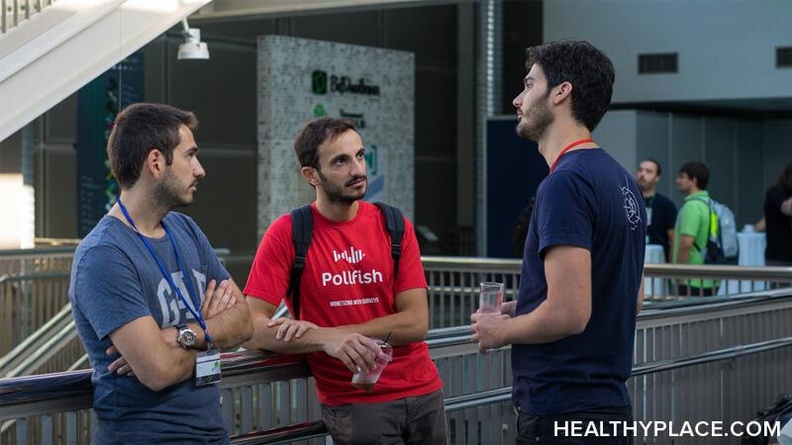The Social Causes of Anxiety

I’m far from the first person to discuss the above topic. However, I feel it is important to continually raise awareness of the social causes of anxiety until those causes are recognized more broadly.
What Are Social Causes of Anxiety?
When I use the word “social” here, I am not talking about being around friends or family. Instead, I am referring to forces within society at large.
Far too often, we frame discussions of anxiety—and mental health in general—almost entirely around individualistic forces. For example, some people are born with genes that predispose them to anxiety, or something in their brains causes the production of too many neurotransmitter chemicals. As a result, the treatment solutions can become too simplistic at times. Take this medication, and if that doesn’t work, take another. Go to therapy, and if you don’t like that therapist, find another.
This almost completely ignores the possibility that causes of anxiety could be larger than individual sufferers. If people are unable to earn enough money through no fault of their own, or they live in a situation where healthcare is out of reach (these two circumstances are usually interrelated), those factors can lead to deep-seated anxiety.
Even if the people in question do have genetic predispositions to anxiety, the suggestion that medication and therapy will magically solve the issue is naïve at best and dangerous at worst. Therapy and medication cannot always address the underlying causes that often make people anxious in the first place. Cognitive behavioral therapy (CBT) cannot cure income inequality, just like selective serotonin reuptake inhibitor (SSRI) medications cannot become less expensive for the people who most need them.1
How to Address the Social Causes of Anxiety
How can knowing about the social causes of anxiety help make the field of mental health more tolerable?
This is a question that cannot be answered in a few short paragraphs. But I believe the most important takeaway is that mental healthcare needs to account for more contributing factors than just the individual sufferers. If people cannot improve their circumstances, it’s probably not because they aren’t trying hard enough. It’s entirely possible that these social inequities must be remedied at the governmental level.
Ask those with anxiety about what bothers them. If the cause of anxiety is something outside of themselves, take them seriously. Don’t call them weak or naïve, as that will only make it worse—and, to be honest, it's a cruel response. Acknowledge the fact that not everyone is strong enough to pull themselves up by their bootstraps and better themselves by sheer force of will. Sometimes, it is not until the world itself changes that people see real improvements in their mental health.
Source
- Fisher, M., Capitalist Realism: Is There No Alternative? Zero Books, December 16, 2009.
APA Reference
DeSalvo, T.
(2021, February 10). The Social Causes of Anxiety, HealthyPlace. Retrieved
on 2025, December 4 from https://www.healthyplace.com/blogs/anxiety-schmanxiety/2021/2/the-social-causes-of-anxiety